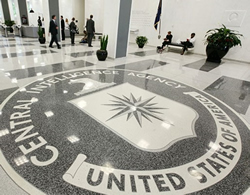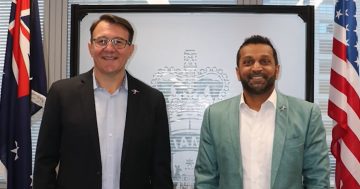 The mysterious ailment known as Havana Syndrome that effected hundreds of United States (US) diplomats and other personnel around the world did not result from the actions of a foreign adversary, according to an intelligence report.
The mysterious ailment known as Havana Syndrome that effected hundreds of United States (US) diplomats and other personnel around the world did not result from the actions of a foreign adversary, according to an intelligence report.
The report rejects the long-disputed theory that the officials were targeted and sickened by a clandestine enemy wielding energy waves as a weapon.
The new intelligence assessment caps a years-long effort by the CIA and several other Intelligence Agencies to explain the phenomena.
Career diplomats, intelligence officers and others serving in US missions around the world experienced what they described as strange and painful acoustic sensations.
The effects of this mysterious trauma shortened careers, racked up large medical bills and in some cases caused severe physical and emotional suffering.
Many of the afflicted personnel say they were the victims of a deliberate attack — possibly at the hands of Russia or another adversarial Government — a claim that the report contradicts in nearly every respect.
Seven Intelligence Agencies participated in the review of approximately 1,000 cases of “anomalous health incidents,” the term the Government uses to describe a constellation of physical symptoms including ringing in the ears followed by pressure in the head and nausea, headaches and acute discomfort.
Five of those Agencies determined it was “very unlikely” that a foreign adversary was responsible for the symptoms.
The symptoms were first reported at the US Embassy in Havana in 2016, hence the name.
Representatives and lawyers for people suffering with symptoms lambasted the new report as incomplete and opaque.
They called on Intelligence Agencies to disclose more information about how they reached their conclusions and to investigate other leads they said remained poorly examined.
A lawyer representing more than two dozen people experiencing symptoms, Mark S. Zaid said until the shrouds of secrecy were lifted and the analysis that led to the assertions was available and subject to proper challenge, the alleged conclusions were substantively worthless.
An advocacy group composed of current and former officials also took aim at the report’s findings, saying it “does not track with our lived experiences, nor does it account for what many medical professionals across multiple institutions have found in working with us”.
Washington, 3 March 2023











